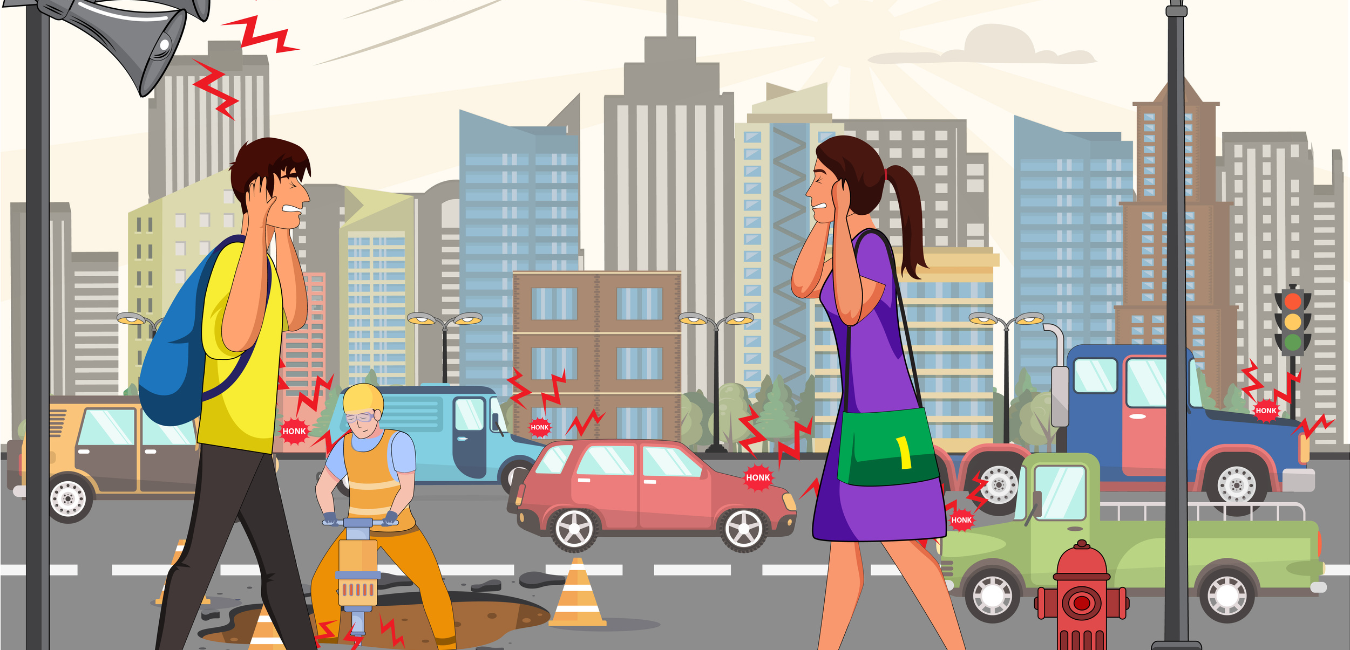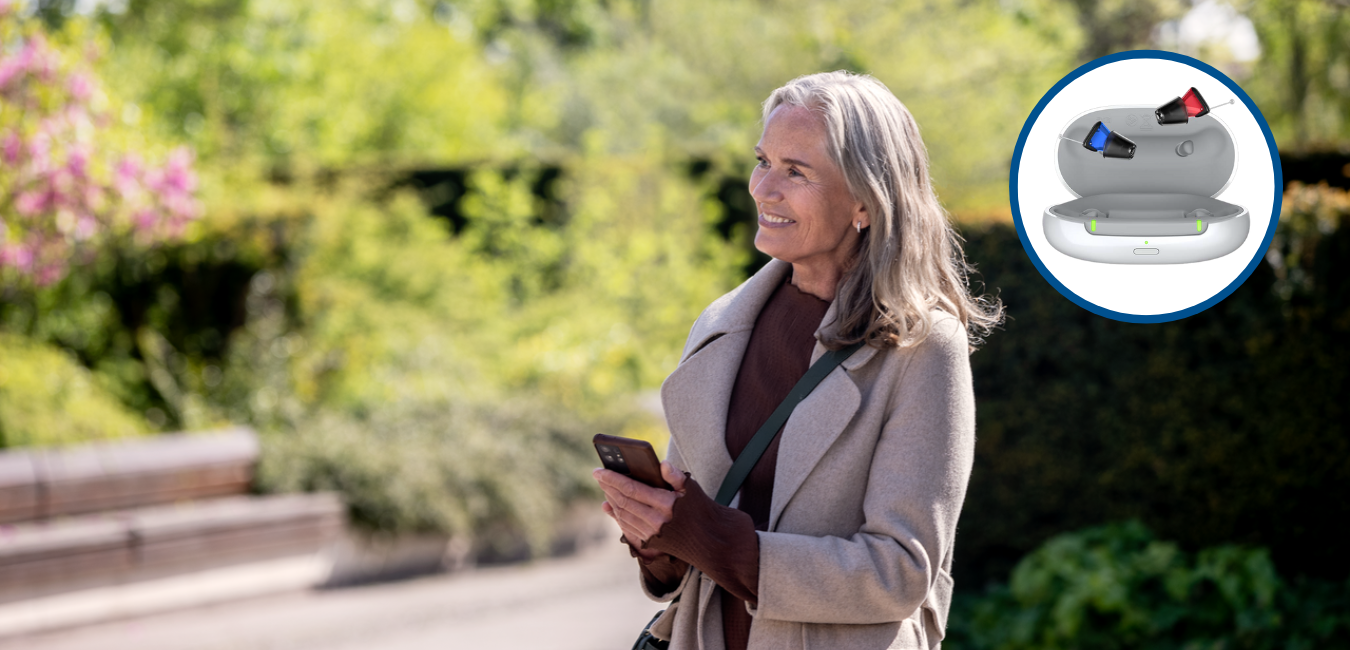Does Hearing Loss Affect Your Driving Skills?
We know what effect not being able to see can have on our driving ability. But what effect can hearing impairment have on our driving ability?
Now, some may automatically assume that hearing loss would take away our ability to safely navigate city streets and highways. What can research, if any, tell us?
Study looks at older drivers
In 2010 one study that looked at how hearing impairment affected older adults’ driving ability, indicated that those with moderate to severe hearing loss had significantly poorer driving performance, in the presence of ‘distractors.’
Distractors were described as things like mobile phones, and sophisticated navigation or entertainment systems that got in the way of a driver’s primary function in a car, which is to drive.
The study looked at 107 adults between the ages of 62 and 88. Fifty-five percent had normal hearing, while 26% had mild hearing loss and 19% had a hearing impairment that was moderate to severe.
Now, some people may read this information and say, ‘well I have a hearing loss and I’m a great driver.’
Swedish study’s findings
On the flip-side, research out of Sweden found that having a hearing impairment didn’t affect their subjects’ driving ability at all. The study found that the people who had hearing loss actually drove more carefully and were more observant.
The people with hearing loss also checked their mirrors more often than those with normal hearing.
Mind you, the Swedish study didn’t focus on older adults and one can’t deny that as we age we tend to slow down physically, which means our reaction times become slower.
The previous study, which looked at older adults, found that they were involved in more fatal multivehicle car crashes than younger drivers.
Safety first
The fact is that our sense of hearing does play a role in our ability to drive and receive cues as to what’s going on around us. But having said that, we can still find ways to maximize safety while driving on the roads, even in the presence of a hearing impairment.
4 rules of the road when driving with hearing loss
1. If you have hearing aids, wear them. For obvious reasons your hearing instruments will allow you to better hear the sounds around you, particularly the soft sounds you may miss without them.
2. Keep the car stereo down. Loud music, or loud sounds in general, for prolonged periods of time, can contribute to hearing loss. Loud music can be a huge distraction on the road, even if that’s your jam playing on the radio.
3. Just drive. Don’t try to put on make-up, sneak a quick text, scroll through Facebook, or whatever it is – forget about it until you reach your destination or pull over. Focus on the road.
4. Use your visual cues. Keep your eyes peeled for anything that can help you better navigate your vehicle. Check your mirrors and keep a safe distance from other vehicles. Pay close attention to traffic signals, pedestrians and your blind spots. Try to get a good sense of your surroundings.
It all sounds like common sense doesn’t it, for any driver really. But sometimes we need to hear it again.
Hearing loss doesn’t have to curb your cruising time
A hearing test can determine any hearing impairment, leading you to a hearing solution that can maximize not just your safety, but that of the loved ones driving with you in your vehicle and the safety of the other drivers with whom you share the road.








